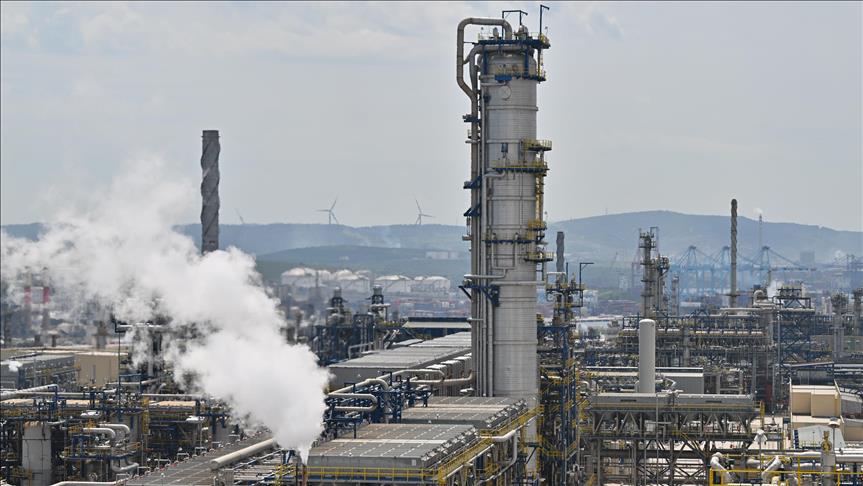Oil prices rebounded on Friday over mild profit-taking by investors after marking the lowest levels of the last four months.
International benchmark crude Brent traded at $77.56 per barrel at 10.24 a.m. local time (0724 GMT), a 0.18% rise from the closing price of $77.42 a barrel in the previous trading session on Thursday.
The American benchmark, West Texas Intermediate (WTI), traded at the same time at $72.94 per barrel, up 0.05% from Thursday’s close of $72.90 per barrel.
Both benchmarks gained during early Asian trading after a four-month decline due to signs of diminishing oil consumption in the US and China, the two largest oil-consuming countries.
The Israeli-Palestinian conflict is still posing a supply risk for investors. The conflict has not affected the physical oil supply at this point, but uncertainties surrounding the conflict and other global oil supply conditions still support upward price movements.
On Wednesday, prices fell with signs of weaker demand after the release of Energy Information Administration (EIA) data indicating an increase in US commercial crude oil inventories by around 3.6 million barrels to 439.4 million barrels, compared to the American Petroleum Institute’s expectation of a rise of around 1.3 million barrels.
Furthermore, data indicating the greatest house price decrease in October in over nine years in China, the world’s largest oil importer and second-largest oil consumer, indicated a sluggish economic recovery that affected the oil market and led to lower prices.
Oil prices plummeted more than 4.5%, with the global benchmark Brent crude trading at $77.53 per barrel and the US benchmark West Texas Intermediate crude registering at $72.94 on Thursday.
However, the fall in prices was contained following OPEC and the IEA’s most recent report predicting a rise in global oil demand in the last quarter of 2023.

